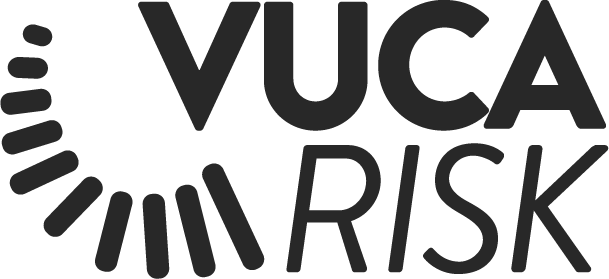SAFETY ASSIST CASE STUDY: Domestic Violence Spillover at Work
1. INCIDENT
A retail employee’s former partner begins loitering near the workplace, sending threatening messages and making repeated, unwanted visits. Although the employee hasn’t made a formal report, their manager notices a pattern of distress and absences. Concerned about safety, the employer contacts VUCA’s Safety Assist hotline to activate a discreet support response.
2. SAFETY ASSIST ACTIVATION
VUCA’s ERS case team initiates immediate protective support:
A dedicated case manager is assigned to the employee.
Trauma-informed counselling is arranged within 24 hours.
A workplace threat assessment is conducted, triggering new safety planning and shift adjustments.
The site undergoes a security review, including a change of locks and CCTV advisory.
VUCA liaises with local police on behalf of the employer to escalate stalking concerns.
Internal HR and management are coached on duty-of-care obligations and discreet support practices.
Recommendations are issued to People & Culture to reduce liability and psychosocial risk.
3. ESCALATION
Despite internal mitigation efforts, the ex-partner breaches a workplace restraining order and causes a scene outside the store. Staff members feel unsafe, and media coverage begins circulating locally. The employee takes extended stress leave, triggering internal concerns over a potential psychological injury claim.
4. STRATEGIC RESPONSE
Safety Assist expands to manage the post-incident impacts:
Case worker continues advocacy for the employee through police and legal processes.
HR and store managers are debriefed and supported through the trauma recovery period.
VUCA provides post-incident debriefing, safety training, and psychosocial awareness sessions for affected staff.
People & Culture team receives guidance on documentation to support workers’ comp defence and CSR alignment.
5. OUTCOME
The employer is able to demonstrate early intervention, reducing reputational exposure and liability.
The employee receives structured, trauma-informed support and re-engages with work under safe conditions.
No formal litigation or compensation claim is filed, due to visible duty-of-care actions.
The business is recognised for its responsible response and incorporates new safety protocols into broader WHS strategy.
Internal confidence improves across teams, knowing early-stage threats will be taken seriously and managed professionally.
